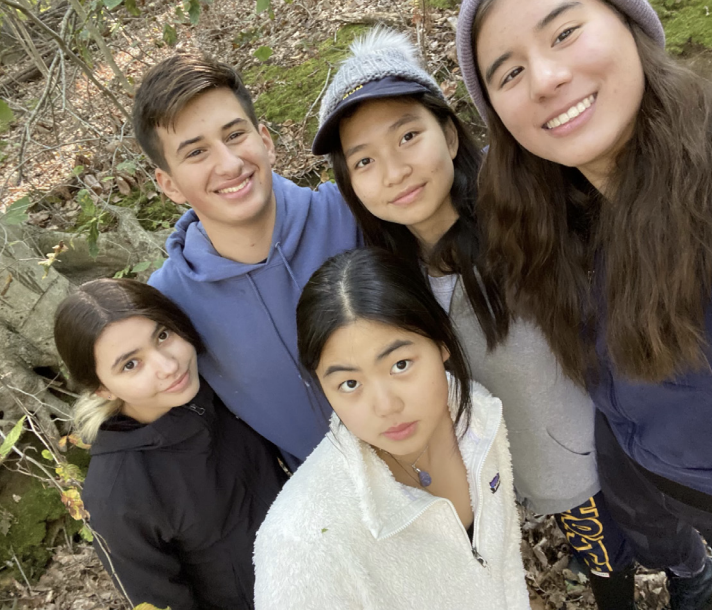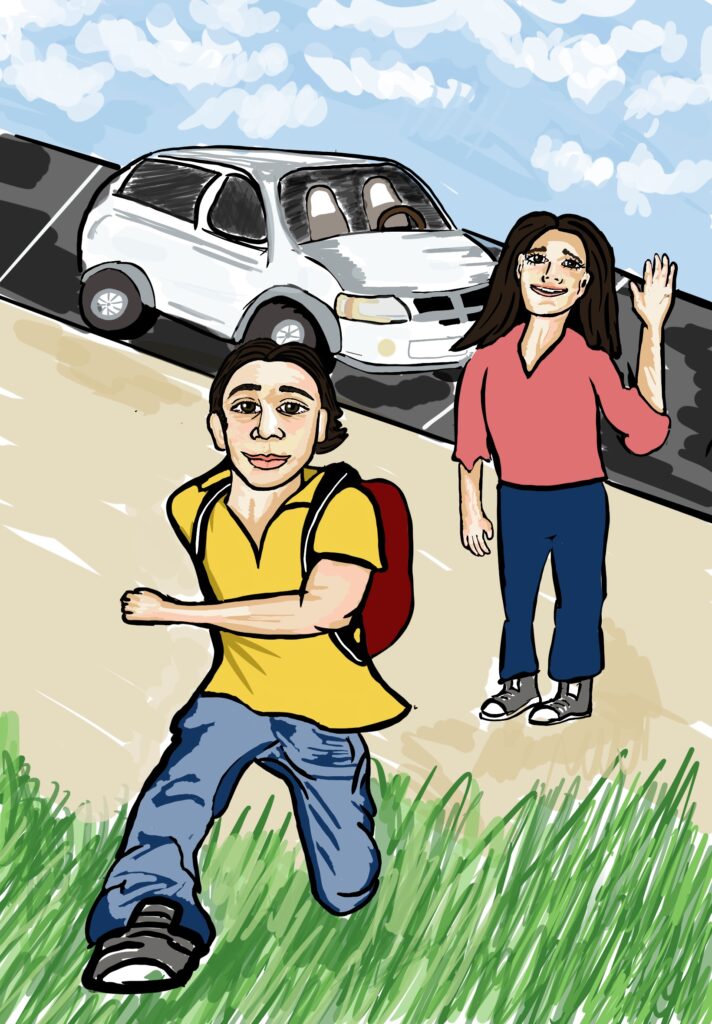
Photo courtesy of Suzie Kim ’24
On move-in day, as my father drove the rental Honda through the Kohler Environmental Center’s (KEC) driveway, he turned around and said, “I hope you know what you have gotten yourself into.” I responded with a confident “yes,” but to be frank, I was lying. Don’t get me wrong, I enjoy being in the Environmental Immersion Program (EIP) because it challenges me intellectually and emotionally through its specialized courses; however, the program is not just observing birds and taking walks through the woods — it is an academically rigorous experience in a somewhat isolated environment.
Anyone who has been to the KEC knows that the walk there is not particularly splendid or efficient. You need to traverse a road where cars speed around the corner and walk through either the cemetery (the morbid shortcut) or the cross-country course (the long, albeit scenic, route). I need to admit, however, that walking to the KEC gives you a sense of accomplishment. I often feel like Dora, The Explorer, after conquering an adventure.
Something that most main campus students fail to realize about living at the KEC is that your life is dictated by the shuttle schedule. If you miss the shuttle, you might be left loitering around campus or trapped inside the KEC, ruminating over what could have been on main campus with the beloved friends you miss so much. Many compare living at the KEC to being a day student: you’re part of the community, but you don’t get to experience it in the way that the majority of students do.
What people never fail to mention about the KEC, and I can’t blame them, is the quality of food produced by Chef Janusz, the KEC’s private chef; his food and his kind word make the experience at the KEC
infinitely better. Looking past the morsels of deliciousness, the courses required as part of the EIP are
interdisciplinary, meaning that topics from one class relate to ones in other classes, forcing you to think about the thematic intersections between topics that you once thought of as an isolated discipline. These classes are academically rigorous, but, nevertheless, they are extraordinarily rewarding and unique.
It is not hard to say that despite being in this program for only half a term, I have been forced to rethink almost everything about the way I relate to the world. For instance, consider this: why do most people in America relate to the world through a concept of scarce time instead of one of spatiality or land?
I have always appreciated nature, but before coming to the KEC, I had never dug my hands into weathered soil or pondered the relationship between humans and the Earth. At the same time, I have also never felt such a longing to be on main campus with some of my dearest friends.
With all of this in mind, I can say that I did not know, driving around that day, what I got myself into. What I now know is that all of the butterflies that gracefully meet me in English class and all of the challenges I will encounter and persevere through have and will make me a more grounded and conscientious person.




